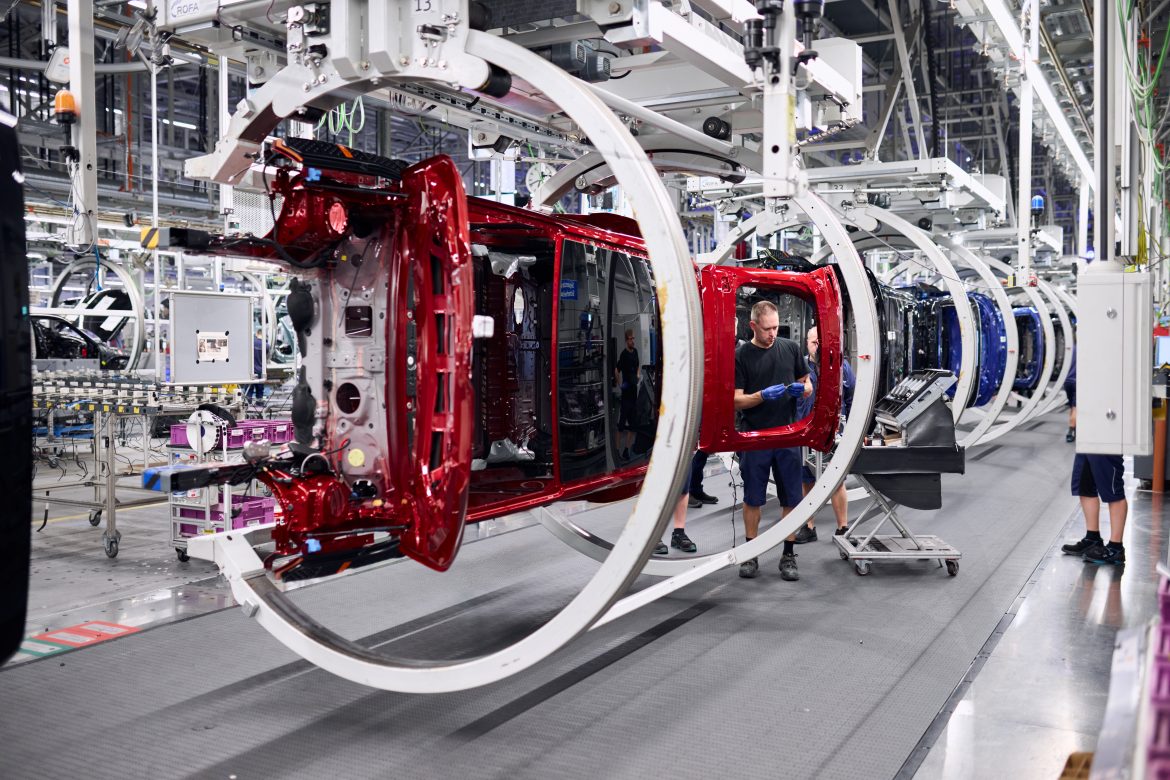BMW Group Plant Regensburg has adopted an advanced AI-supported predictive maintenance system on its assembly lines, resulting in an average reduction of around 500 minutes of disruptions per year. The system focuses on early detection of potential faults in conveyor technology, ensuring smooth vehicle production and minimising unplanned stoppages.
The assembly process at BMW Group Plant Regensburg involves vehicles moving on mobile load carriers through production halls. Any technical faults in the conveyor systems can lead to assembly line stoppages, incurring additional maintenance efforts and costs. To address this, the plant’s innovation team developed a system that identifies potential defects early, allowing for the removal of affected conveyor elements for repairs away from the production line.
An alarm is triggered if anomalies are detected, such as power consumption fluctuations or conveyor movement irregularities. The system operates 24/7, ensuring a prompt response to fault reports. Project manager Oliver Mrasek highlights the system’s integration with BMW Group’s central shop floor management, enabling standardised deployment to other plant locations globally.
Machine-learning models, developed in-house, use heatmaps with colour-coded abnormalities to visualise findings. Continuous improvement is driven by practical insights, with ongoing efforts to expand the system to additional installations, optimise performance, and integrate recommended actions into fault messages.
The long-term goal is predictability, with the system learning to estimate the time between fault detection and potential stoppage. The integrated learning system has earned two patents for BMW Group’s in-house development. Approximately 80% of main assembly lines at BMW Group Plant Regensburg already benefit from data-driven monitoring, with plans for deployment at other plant sites to further enhance production efficiency and reduce downtime.



